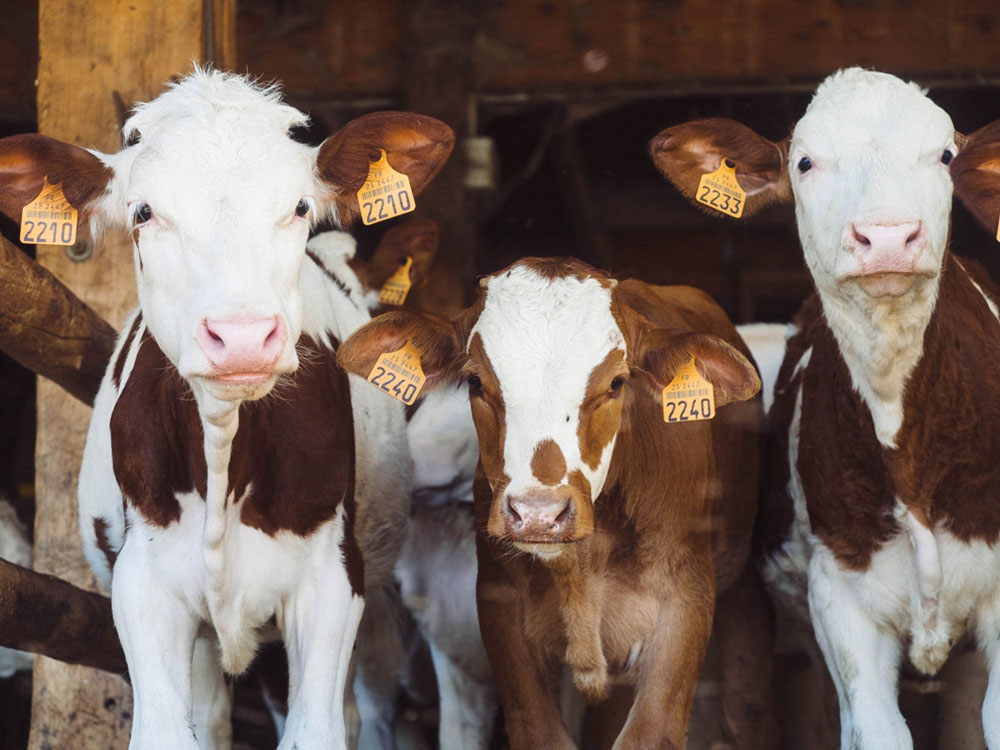
Does red meat increase the risk of cancer? How did colonizers influence American food systems? And what do scientists truly know about the food we eat?
In an all-day event on April 6, the Meat or No Meat Symposium explored these issues with 8 presentations from speakers, experts, faculty, and students. The presentations discussed issues of the nutritional, environmental, and cultural implications of our diets, both vegetarian and omnivorous. The event was organized by the Healthy Foods Healthy Lives Institute and sponsored by CAHFS; the College of Food, Agricultural and Natural Resource Sciences; the Department of Food Science and Nutrition; and the Department of Animal Science.
Michael Clark is a PhD candidate in the Natural Resources Science and Management program, and gave a presentation entitled “How our diets consume the environment.” In his presentation, he discussed humanity’s food choices and their influence on environmental degradation.
Humanity’s actions “account for ~25% of global GHG emissions and >70% of global freshwater use,” writes Clark, and “lead to vast amounts of nutrient pollution and the formation of marine dead zones.”
"Agriculture is the largest threat to biodiversity,” he writes.
Punctuating his research, Clark shared three videos from National Geographic’s What the World Eats, highlighting the vast changes that the planet’s population groups have undergone in terms of caloric intake and consumption patterns in the last 50 years. See the three videos demonstrating patterns in China, the United States, and the world as a whole, below.
This symposium highlighted the uncertainty that humanity faces as our population continues to grow and our choices have an increasingly larger impact on the environment that surrounds us. Keynote speaker Tamar Haspel, MA, writes that “decades of research--and untold billions of dollars--have been spent trying to understand” the complex relationships between health, nutrition, diet, and disease. “And yet, the there is precious little that the nutrition community agrees on.”
This event underscored that as research into these topics increases, humanity will need to make key choices about continuing to consume animal products--and how current farming methods will need to change as a result.
Check out the videos from Michael Clark's presentation below.